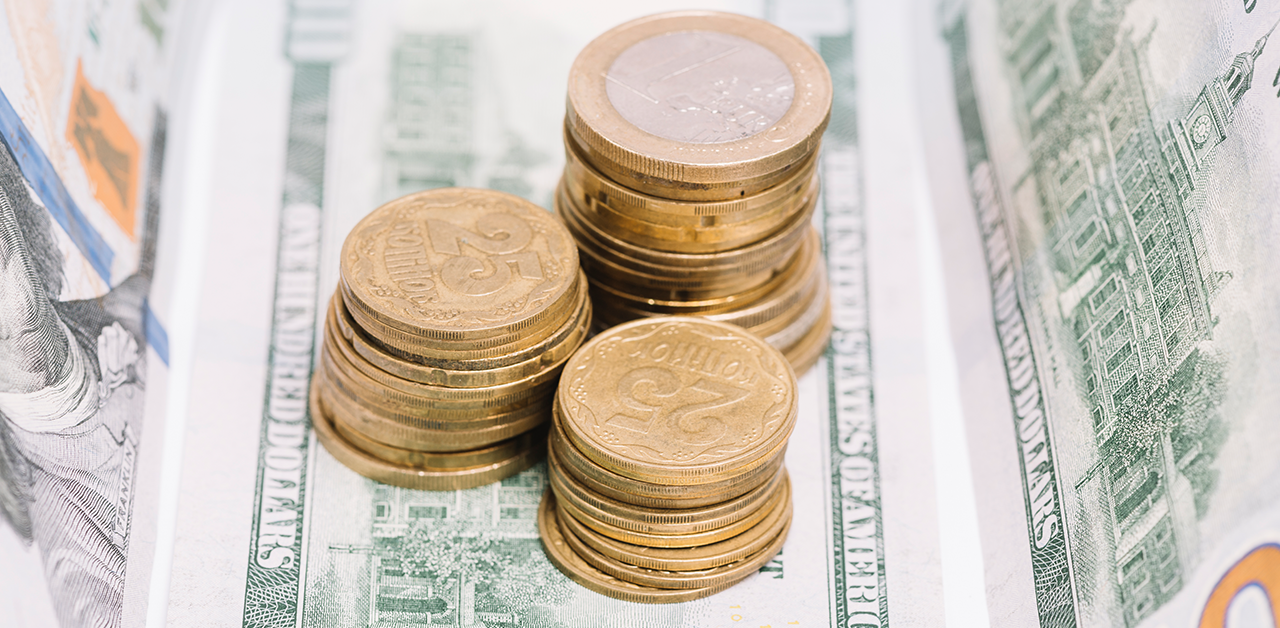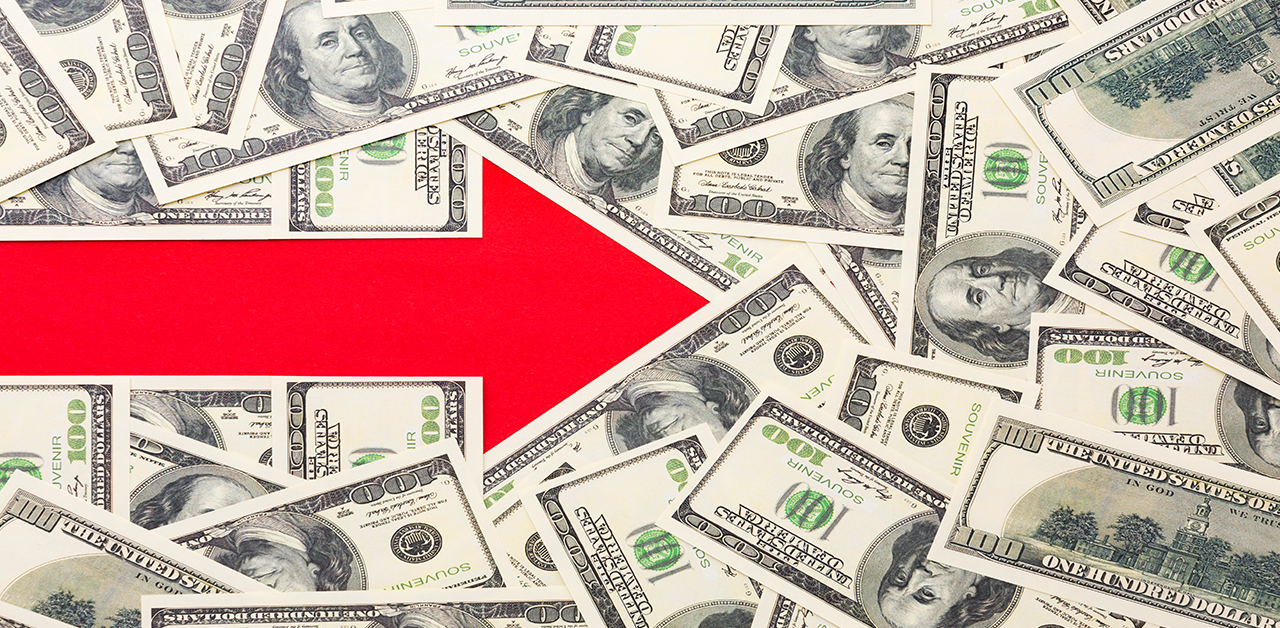Global Investors Left in the Dark on China as Wall Street Surges
Global investors are struggling to navigate China’s economic uncertainties after Beijing’s weekend stimulus update underwhelmed markets. While China remains in a fog, Wall Street powered ahead with the S&P 500 and Dow extending their rally, setting the stage for Tokyo to join in when its mafrkets reopen after a three-day holiday.
Tech stocks, particularly in the chip sector, surged despite the U.S. Treasury market being closed for Columbus Day. Market sentiment was buoyed by excitement around third-quarter earnings, with financial giants like JP Morgan and Wells Fargo kicking things off last Friday. Big names like Citi, Bank of America, and Goldman Sachs are set to release their earnings on Tuesday, keeping expectations high for more impressive financial results.
Meanwhile, the U.S. dollar reached its highest level since mid-August, bolstered by safe-haven demand triggered by China’s “Joint Sword 2024B” military drills near Taiwan, which the U.S. labeled as destabilizing. The greenback also gained ground against the yuan as investors were disappointed by China’s lackluster stimulus measures. Instead of bold fiscal action, Beijing reshuffled its economic approach, which failed to inspire confidence.
Unsurprisingly, the yuan fell to 7.09 per dollar, its lowest since mid-September, and has dropped roughly 1% since China’s central bank implemented aggressive stimulus in late September. Meanwhile, gold and oil prices dipped, with markets betting on a modest 25-basis point rate cut by the Federal Reserve in November, reflecting confidence in the U.S. economy’s soft-landing scenario. This narrative is fueling Wall Street’s record-breaking momentum.
U.S. rate futures are now showing an 87% likelihood of a 25-bps cut in November, with only a 13% chance of a pause, indicating that traders expect a gradual but steady easing cycle from the Fed.
The dollar’s rise, nearing the 150 yen mark, suggests that Tokyo’s Nikkei index could build on its recent highs, adding to its remarkable 27% surge since early August. However, foreign exchange traders are wary that this upward momentum could prompt the Bank of Japan to consider a Q4 rate hike, especially after upcoming elections. Such a move could create significant volatility in global markets, shaking currency values and stock prices alike.
In contrast, Chinese markets are under pressure. U.S.-listed Chinese stocks suffered losses on Monday as investors, worried about the potential for a second Trump presidency, began reducing their exposure. The reasoning is that no major U.S. allocator wants to increase their stakes in Chinese assets ahead of the possibility of renewed tariffs and tensions with a Trump administration.
China’s economic woes are growing as demand wanes and deflation looms. Monday’s data revealed that export growth slowed to just 2.4% in September, a sharp drop from August. This signals that exporters may have rushed to ship goods earlier to avoid potential Western tariffs. As Beijing faces growing pressures, especially with the U.S. election on the horizon, its stimulus efforts, while a step in the right direction, seem insufficient to resolve its deeper economic challenges.
The country’s property market crisis remains a significant concern. The sheer volume of unsold housing is staggering—unfinished presold units are eight times the annual completion rate, roughly 60 million units. Clearing this backlog could take years, if not decades, and without substantial reforms and financial injections, any recovery in China’s housing market appears distant. The International Monetary Fund (IMF) has warned that the property crisis, combined with slowing manufacturing and export sectors, could exacerbate China’s economic fragility.
Investors are closely watching Beijing for more decisive action, but without stronger measures, the current rally in global markets could fade as quickly as it began.












